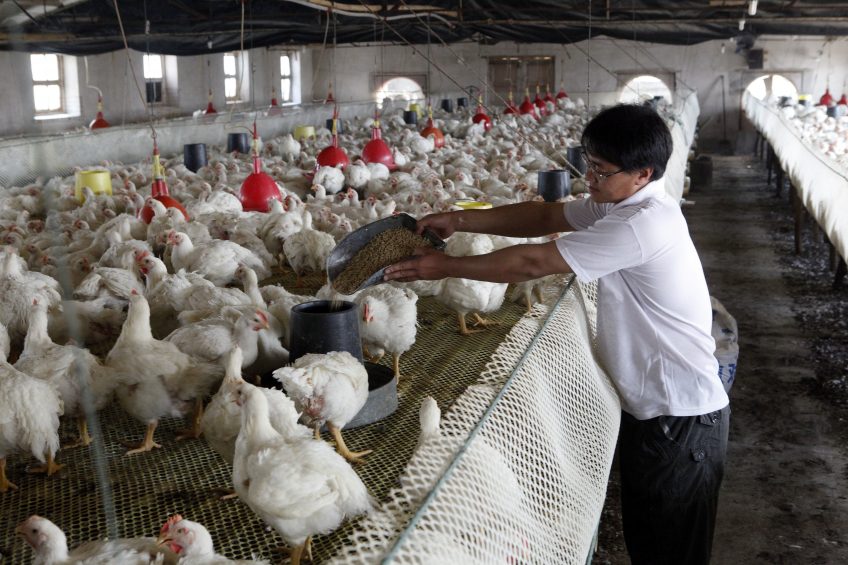Climate and Campylobacter prevalence – is there a link?

A study investigated the link between the prevalence of Campylobacter in Thai broiler flocks and climatic factors, such as rainfall, ambient temperature.
Campylobacteriosis is considered the leading bacterial gastrointestinal disease in humans worldwide. Consumption and handling of contaminated food, particularly poultry and poultry products, are considered the main source of infection.
In humans, ingestion of a small number of bacterial cells could cause mild to severe diarrhoea. Although it has been often stated that Campylobacter-positive poultry infrequently show such symptoms, there is increasing field and laboratory evidence that the bacteria negatively influence broiler gut health and consequently bird welfare.
Broilers rarled colonised with Campylobacter before 2 wks old
Generally, commercial broilers are rarely colonised with Campylobacter before they are 2 weeks old. However, once colonised Campylobacter rapidly proliferate and spread over the entire population.
Various Campylobacter colonisation levels reported globally
Various levels of Campylobacter colonisation in broiler flocks have been reported worldwide, particularly in temperate zones (Europe 20-100 % of flocks positive, USA 29.5 to 87.5%). In tropical regions high prevalence is reported from Brazil (81.8%) and Malaysia (83.3%), a low prevalence from Vietnam (31.9%). Compared to temperate zones, baseline information on Campylobacter in tropical regions is limited.
Check out the interactive Poultry Health Tool – with the latest insights on the 40+ most common poultry diseases.
Study in Thai broiler flocks
In the present study the prevalence of Campylobacter in Thai broiler flocks was determined and the association between climatic factors, as rainfall, ambient temperature and relative humidity and the Campylobacter colonisation status of broiler flocks in Thailand was investigated.
In total 442 commercial flocks, from 68 farms from the most densely populated poultry areas in Thailand, were included in the study. Campylobacter positive flocks proved positive for 57%. Increased rainfall and relative humidity were associated with the increase of Campylobacter colonisation, whereas no relationship with ambient temperature and colonisation status was identified.
* S. Muangnoicharoen, L. Hankla, N. Techawal, P. Chaveerach, P. Tuitemwong, N. Chokesajjawatee, N. Williams, T. Humphrey and T. Luangtongkum, Poultry Science












